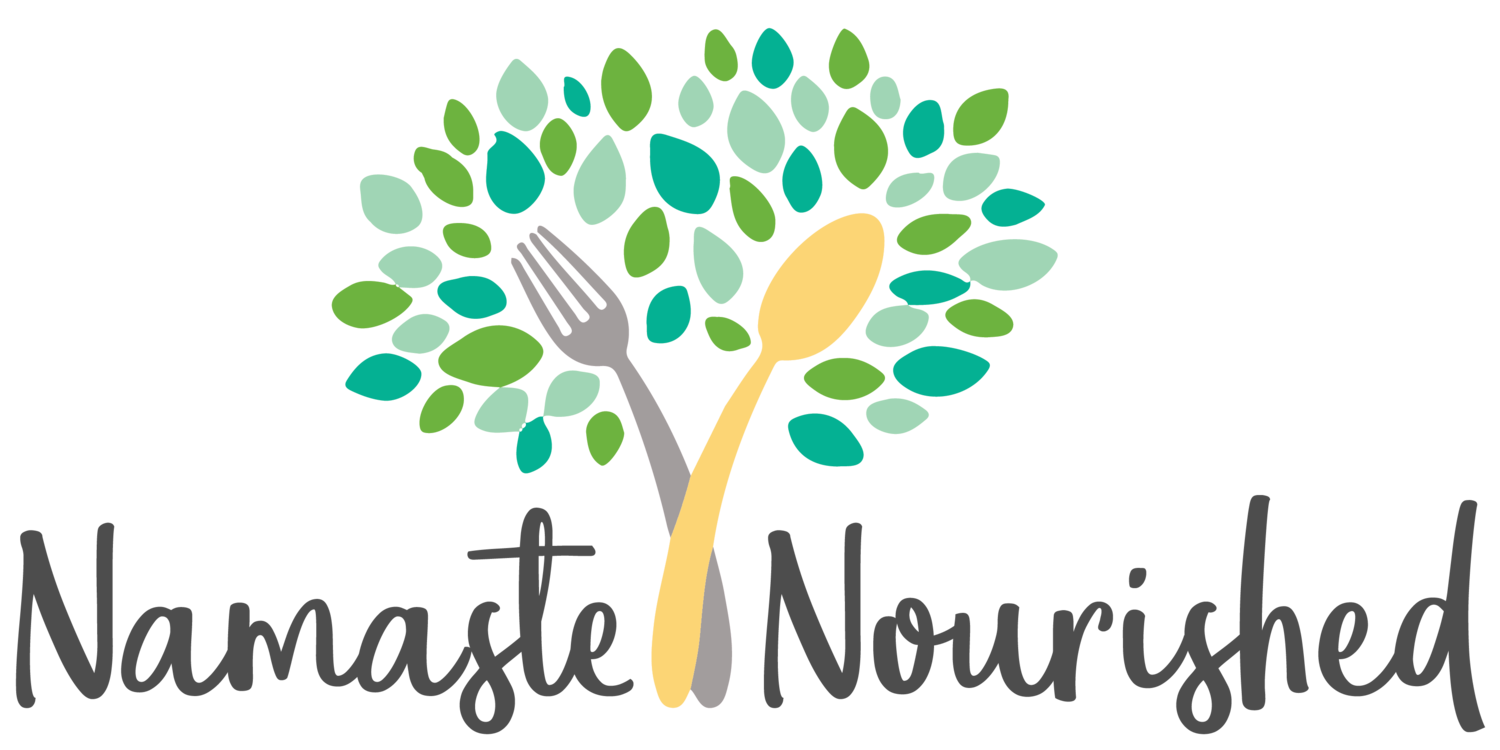Body Neutrality in Eating Disorder Recovery: Meaning, Strategies, and Everyday Tips
In eating disorder recovery, you may hear about body positivity, but another powerful approach is body neutrality. While body positivity focuses on loving your body, body neutrality in eating disorder recovery is about shifting your focus away from constant appearance-based thoughts and toward respecting your body for what it does. This perspective can be a helpful landing place or a stepping stone to loving your body.
Practicing Body Neutrality in Recovery
Building a neutral relationship with your body takes time and effort, but it is a valuable and sustainable skill. Practicing body neutrality in recovery can look like:
Eating in ways that fuel your energy or experiences rather than focusing on calories or nutrition
Choosing clothes that you like and that feel comfortable instead of obsessing over size or what you look like in them
Allowing your body to change without attaching your worth to it
Recognizing what your body does for you, such as digesting your food or keeping you upright
Speaking kindly to yourself
Reminding yourself that your body is the least interesting thing about you
How to Handle Mirror Checking with Body Neutrality
Mirror checking is a common struggle in recovery. You might find yourself constantly seeking outside reassurance, or picking apart every aspect of your appearance. Learning how to handle mirror checking with body neutrality can include:
Limiting how often you stand in front of the mirror
Practicing grounding statements like, “My body deserves care no matter what it looks like”
Reminding yourself that a reflection doesn’t define your worth
Adding post-its with your favorite mantras or positive affirmations to your mirror as helpful reminders that promote body neutrality
Saying something positive about you that isn’t appearance-based when you look in the mirror
Navigating Social Media with Body Neutrality Recovery
Social media can fuel comparison, which makes recovery harder. Many posts are heavily filtered or edited so that they appear perfect, which alters your view of reality. Navigating social media with body neutrality recovery strategies may include:
Unfollowing accounts that trigger or promote negative body or appearance thoughts
Following recovery-focused and diverse body representation pages
Setting time limits to reduce scrolling
Regularly checking in to see if social media is helping or hurting you, and unfollowing accounts that aren’t promoting recovery for you
Teaching & Supporting Body Neutrality for Families
Parents and families play an important role in modeling and supporting body neutrality . Supporting body neutrality in recovery starts with your language at home, focusing on strengths, interests, and character rather than weight or appearance.
You can also work on teaching body neutrality to teens with eating disorders by helping them practice self-care that isn’t focused on their physical appearance, such as rest, hobbies, and movement they enjoy. Even simple changes in how you talk about your own body can help build resilience. Anyone can benefit from embodying body neutrality.
Everyday Body Neutrality Practices
Daily life offers opportunities to reinforce body neutrality. Using body neutrality when shopping for clothes might mean prioritizing comfort and fit over size labels. Remind yourself that clothes are made to fit your body, not the other way around. Body neutrality practices focus on unconditional care, rather than your appearance, and can include things like taking a nap, slowing down, meditating, stretching, or enjoying a favorite food.
Closing & Call to Action
Body neutrality is not about ignoring your body, it's about respecting it, supporting it, and freeing your mind from constant body image battles and negativity. Whether it’s adjusting how you speak to your body, handling mirror checking, navigating social media, or teaching body neutrality to teens, these tools can bring more peace into recovery.
If you or your loved one needs support in navigating body neutrality, coping with body image triggers, or building a recovery-friendly relationship with food, click to book a virtual or in-person appointment with one of our registered dietitians. Together, we can help you build confidence and create sustainable recovery strategies.

